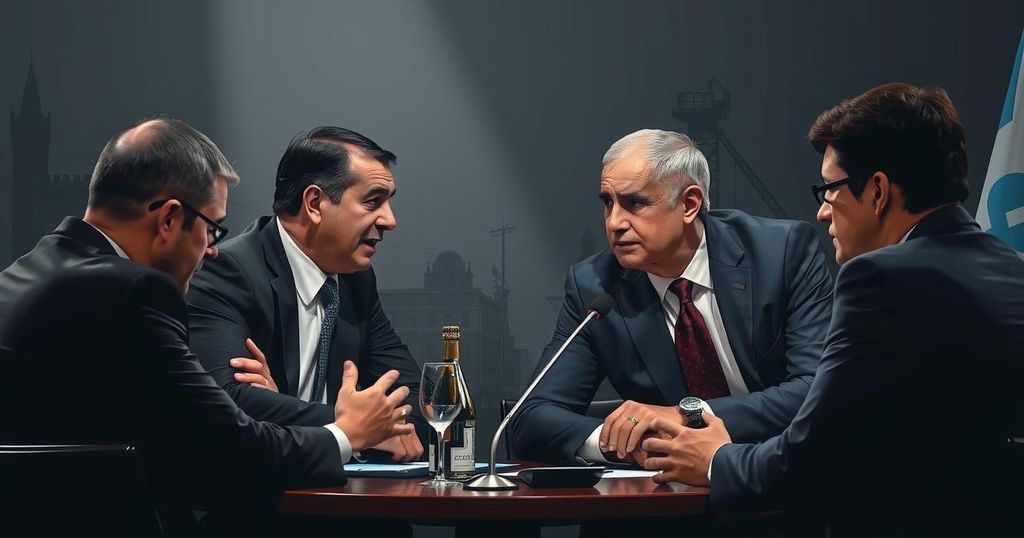A UN expert has accused Israel and Western nations of infringing on freedom of speech during the Gaza conflict, highlighting significant crackdowns on pro-Palestinian protests and targeted attacks against journalists. The report emphasizes the need for greater awareness and action to safeguard speech and journalism amid wartime conditions.
In a recent report, Irene Khan, the UN Special Rapporteur on freedom of opinion and expression, has called out Israel and Western nations for severe violations of free speech amidst the ongoing Gaza conflict. She pointed out that the situation has deteriorated to a level threatening freedom of expression both within the region and internationally. Khan specifically highlighted the suppression of pro-Palestinian protests across Western democracies, noting harsh responses from law enforcement on U.S. university campuses. In her remarks, she cited Germany’s prohibition on pro-Palestinian assemblies while contrasting it with the absence of restrictions on pro-Israeli demonstrations. Furthermore, she indicated that, similar to France’s previous attempts, measures in Belgium and Canada are being applied on a case-by-case basis. Khan also condemned the targeted killings of journalists in Gaza, classifying these actions as war crimes, and criticized Israel’s strategies aimed at suppressing critical journalism. She asserted that the deliberate killing and impunity regarding journalists’ deaths are alarming indicators of a broader effort to obstruct media access and documentation of potential international crimes related to the ongoing conflict. Subsequently, the backdrop of hostilities initiated by Hamas in October 2023, leading to devastating losses on both sides, frames the urgency of her comments regarding the implications for freedom of expression in the context of war.
The backdrop of the Gaza conflict is inherently tied to ongoing geopolitical struggles in the region, particularly with the rise of Hamas and its militant actions against Israel. Historically, conflicts in such regions have resulted in stifled freedom of expression, often manifesting through governmental crackdowns on protests and a perilous environment for journalists. The current war, which escalated following a significant attack by Hamas on October 7, 2023, has led to substantial humanitarian consequences, raising international concerns about human rights violations and media freedoms.
Irene Khan’s report elucidates critical violations of speech and media freedoms in light of the Gaza conflict. The coordinated crackdowns on protests, particularly against pro-Palestinian sentiments in Western nations, underline a worrying trend of suppressing dissent. Furthermore, the dangers faced by journalists and the strategies employed to limit media coverage indicate a broader fight against freedom of expression that transcends the boundaries of conflict, requiring urgent attention from the international community.
Original Source: jordantimes.com






